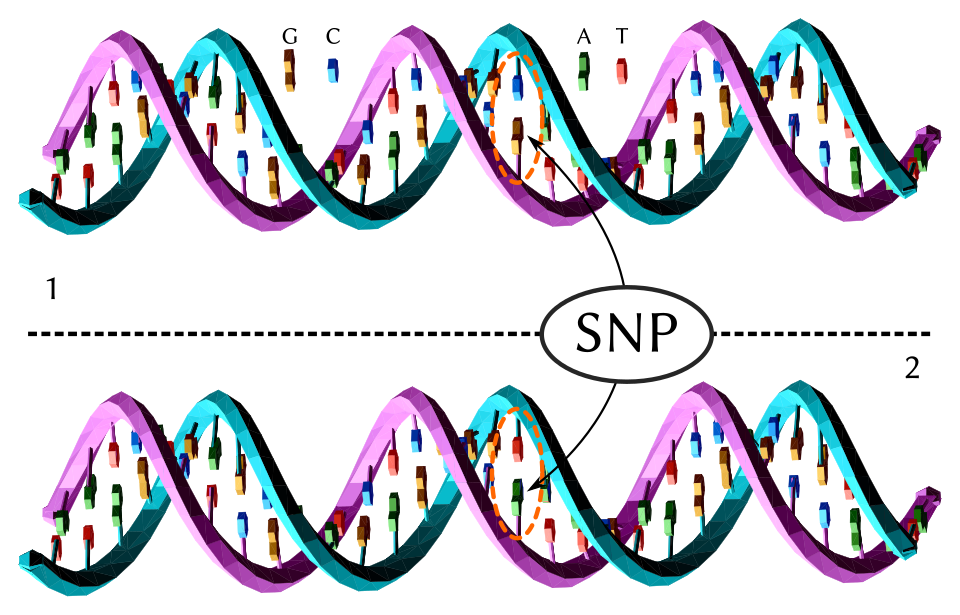Hepatic pharmacoepidemiology
There is a major interplay between pharmacotherapy and the liver. On one hand, medications can affect liver function,
for example through drug-induced liver injury. On the other hand, liver function can affect the metabolism and elimination
of medications and thus their effectiveness and safety. However, patients with liver disease are underrepresented in
randomized trials, the gold standard when it comes to the assessment of drug efficacy.
Moreover, randomized trials often lack the necessary sample size to assess the risk of drug-induced liver injury.
Therefore, pharmacoepidemiologic studies can provide needed evidence on the hepatotoxic risk of medications and on the
effectiveness and safety of medications among patients with underlying liver disease.
In the past, we have studied the hepatotoxic risk of a wide range of medications including both prescribed and over-the-counter compounds.
We have also studied the effectiveness and safety of direct oral anticoagulants (DOACs) among patients with non-valvular atrial fibrillation and
liver disease in a project funded by the Canadian Institutes of Health Research. Currently, our work focuses on the effectiveness and safety of other
cardiovascular medications among patients with liver disease and specifically metabolic-dysfunction associated steatotic liver disease and liver cirrhosis.
Selected publications
- Effectiveness and safety of direct oral anticoagulants among patients with non-valvular atrial fibrillation and liver disease: A multinational cohort study. Douros A, Cui Y, Platt RW, Filion KB, Sebastiani G, Renoux C. Thromb Res. 2024 May;237:71-78.
- Non-Vitamin K Antagonist Oral Anticoagulants and Risk of Serious Liver Injury. Douros A, Azoulay L, Yin H, Suissa S, Renoux C. J Am Coll Cardiol. 2018 Mar 13;71(10):1105-1113.



